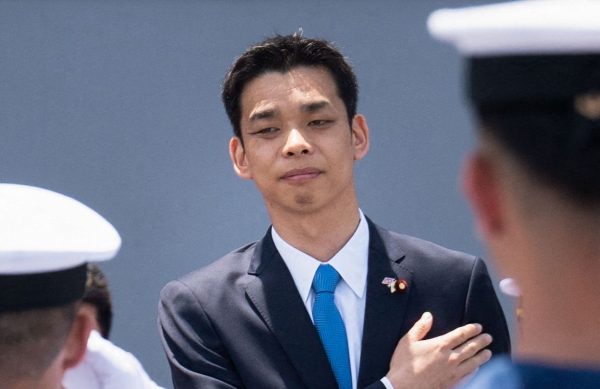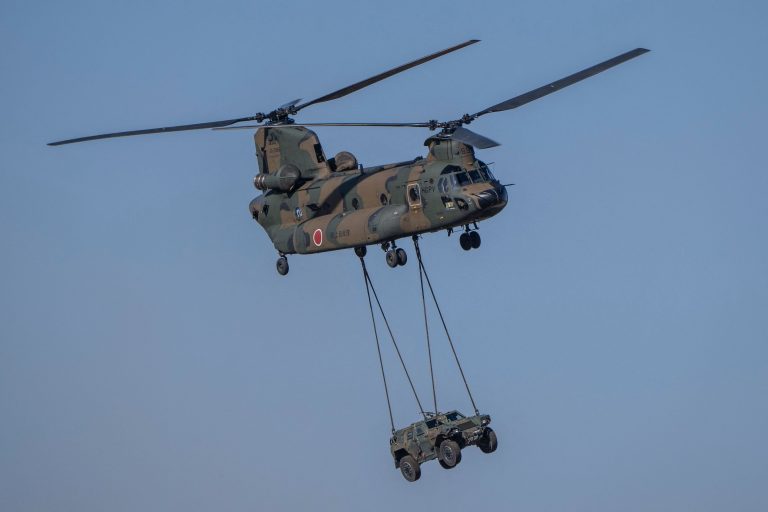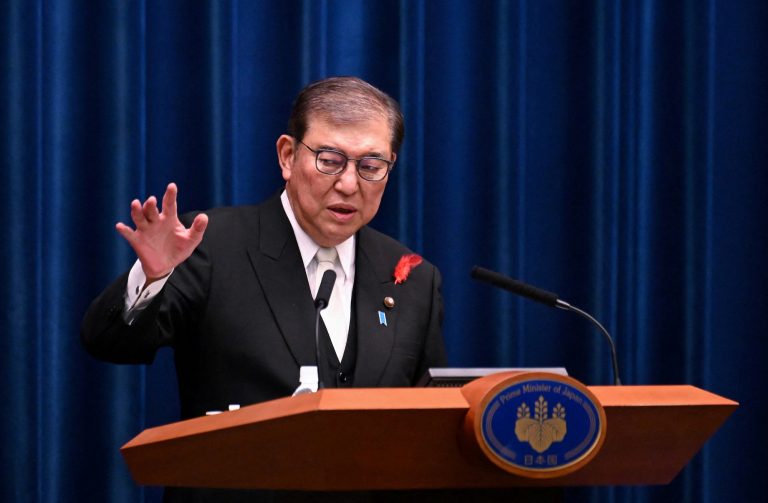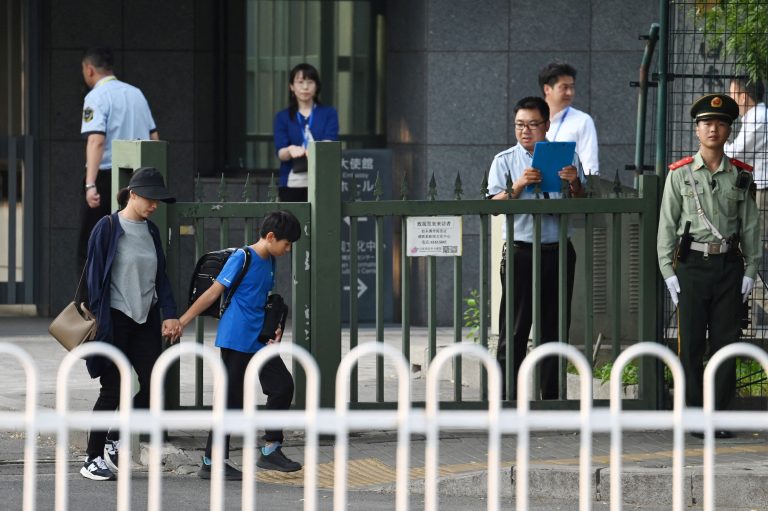The Japanese minister of defense, Ino Toshiro, has stated that “it’s very possible” that his country would render aid to Taiwan in the event of a Communist Chinese invasion, though whether this help would come in the form of military equipment or logistical resources remains uncertain.
Speaking with the UK’s Daily Mail, Ino contextualized the hypothetical support as happening in conjunction with other countries helping Taiwan as well.
“If people all over the world have the will to support Taiwan, similar to the way they supported Ukraine when we witnessed Russia’s aggression, then, yes, it would be very possible that we will provide some kind of support to Taiwan,” he said, according to the Daily Mail’s July 23 report.
“I am not sure at this juncture whether it is going to be defence equipment support or whether it is going to be logistics,” Ino clarified.
READ MORE
- Japan Aligns With the US, Imposes Export Controls on Chip Making Equipment to China
- Japanese Prime Minister Visits Ukraine Shortly After Xi Jinping’s Meeting with Putin
- Japan Offers Military Aid to Philippines in Event of Taiwan Conflict
The defense minister added that the Chinese Communist Party’s (CCP) rapid military buildup in recent years is a concerning development for Japan, which has been constitutionally bound since World War II not to wage war overseas or deploy offensive weaponry.

Success
You are now signed up for our newsletter
Success
Check your email to complete sign up
Taiwan, officially known as the Republic of China (ROC), is claimed by the communist People’s Republic of China (PRC) as part of its sovereign territory. However, Taiwan has never been governed by the PRC, which drove the ROC government off mainland China in 1949.
Over the last few years, Communist Chinese aircraft and naval vessels have repeatedly sortied near Taiwan, including on military exercises simulating an invasion of the island.
Apart from being a de facto country of 23 million with a democratic political system, Taiwan occupies an important geographic and economic position, being a part of the first Pacific island chain overseeing strategic sea lanes, as well as hosting the world’s most advanced semiconductor industry.
- Former Japanese PM Shinzo Abe Shot Dead During Campaign Speech
- ‘Critical situation’: Japanese Births Continue to Decline, Beating Last Year’s Record Low
- South Korean President Hits Back at ‘Wolf Warrior’ Rhetoric From China’s Ambassador Xing Haiming
Taiwan falling to the PRC would not only give Beijing much greater naval access to the Pacific Ocean, but also jeopardize the supply chains leading to and from Japan, which is largely dependent on imports for food and wholly dependent on international trade for its oil.
After the world war, which saw Imperial Japan occupy much of Asia — including much of China, where its army killed over 10 million people — before surrendering to the United States, Japan was forced to renounce war and its military was relegated to a “self-defense force.”
Despite this, Japan’s armed services, particularly its Maritime and Air self-defense forces, are among the world’s most well-funded and technologically advanced.
Citing the PRC threat, a number of Japanese political figures, including the late former prime minister Abe Shinzo, have advocated scrapping the clause of the Japanese constitution — Article 9 — that prohibits Japan from waging foreign wars.
Ino’s statements about possible Japanese aid did not suggest that Tokyo would violate its constitution to intervene directly in a war between Taiwan and the Chinese mainland.
In the lead-up to the start of the Russian war on Ukraine in early 2022, U.S. officials, including President Joe Biden, stated that NATO would not send troops to the former Soviet republic should the Kremlin go forward with the invasion, though there would be severe “consequences.”







